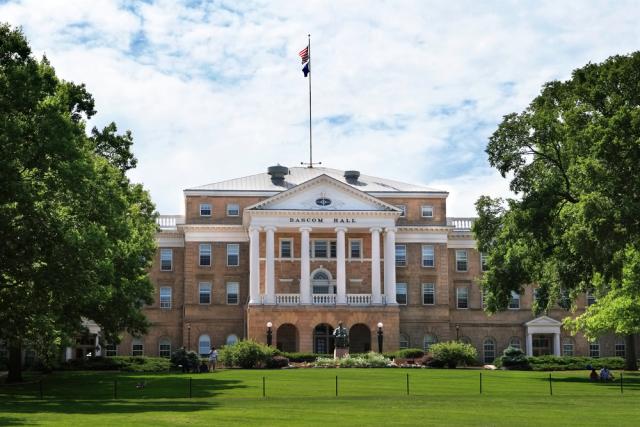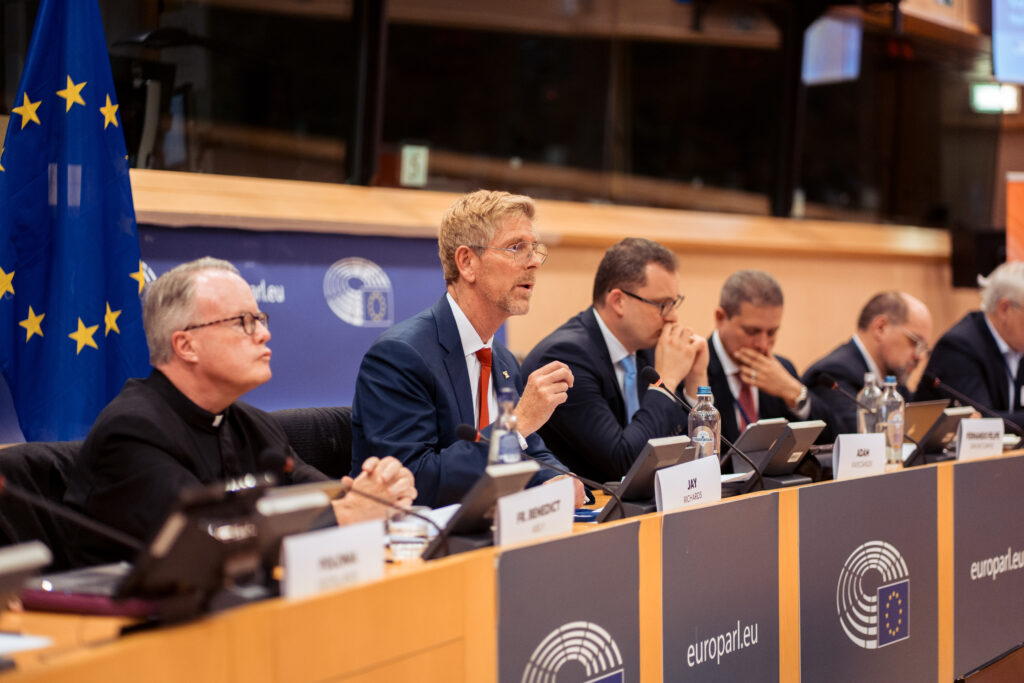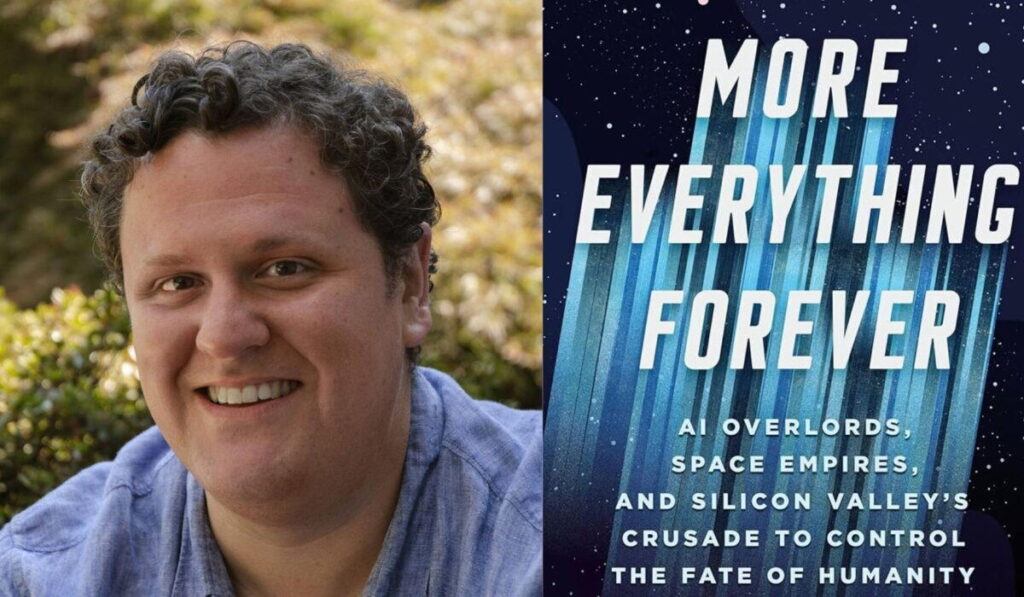A storm is brewing in Buffalo and it’s not the record snow storm typically associated with upstate New York. Rather, it’s taking place in the ivory tower of academia and revolves around hydraulic fracturing, or “fracking,” for unconventional gas in the Marcellus Shale basin.
Public funding has been cut to the tune of over $1.4 billion over the past five years in the State University of New York (SUNY) public university system under the watch of current Democratic Party governor and 2016 presidential hopeful Andrew Cuomo and his predecessor, David Paterson.
These cuts have created new opportunities for the shale gas industry to fill a funding vacuum, with the SUNY system’s coffers hollowed out and starved for cash.
“It’s a growing problem across academia,” Mark Partridge, a professor of rural-urban policy at the Ohio State University, said in an interview with Bloomberg. “Universities are so short of money, professors are under a lot of pressure to raise research funding in any manner possible.”
The oil industry’s eagerness to fill the void for its personal gain can be seen through the case study of what we at DeSmog have coined the ongoing “Shill Gas” study scandal at the State University at Buffalo (SUNY Buffalo).
Among other findings, a DeSmog investigation reveals that one of the lesser-known offshoots of the Scaife family foundations, key bankrollers of the climate change denial machine, may potentially soothe SUNY Buffalo’s budget woes with funding for the university-connected Shale Resources and Society Institute.
The Prelude to the Storm
A prelude for what’s now transpiring occurred in Spring 2011, when SUNY Buffalo played host to the Marcellus Shale Lecture Series. Throughout the eight-part series, not a single speaker was a university-based scholar and all speakers but one were employed by some element of the oil and gas industry. The Shale Resources and Society Institute (SRSI) arose out of the series, as Daniel Robison of WBFO in Buffalo wrote in a recent article:
The decision to greenlight SRSI came after SUNY Buffalo hosted the Marcellus Shale Lecture Series in mid-2011…Last fall, enthusiasm stemming from the lecture series grew into informal discussions among the speakers, natural gas industry representatives and members of SUNY Buffalo’s geology department.
“If the talk series is not part of the institute – if it’s just an independent talk series – then it is unlike any such series I have ever organized or attended in that it fails to acknowledge the moneys that paid for it,” Jim Holstun, Professor of English at SUNY Buffalo and the Chair of SUNY Buffalo Coalition for Leading Ethically in Academic Research, told the UB Spectrum.
Speaking at a gas industry public relations conference thought to be exclusively “among friends” in Houston on Oct 31-Nov. 1, 2011 – the same conference where it was revealed the gas industry is employing psychological warfare tactics on U.S. citizens – S. Dennis Holbrook of IOGA of NY confirmed the SUNY Buffalo relationship. Holbrook stated that it’s crucial for industry to “seek out academic studies and champion with universities—because that again provides tremendous credibility to the overall process.”
Explaining that the gas industry is viewed “very skeptically” by the public, Holbrook said that to gain credibility, IOGA of NY has “aligned with the University at Buffalo (aka SUNY Buffalo)—we’ve done a variety of other activities where we’ve gotten the academics to sponsor programs and bring in people for public sessions to educate them on a variety of different topics.”
Shady SUNY Buffalo Study Opens Backlash Floodgates
SRSI produced a study in May 2012 titled, “Environmental Impacts During Shale Gas Drilling: Causes, Impacts and Remedies.” Calling the final product a “study” is a generous way of putting it, as we reported: all four co-authors had ties to the oil and gas industry, as did four of five of its peer reviewers. The study didn’t contain any acknowledgement of these ties.
John Martin, one of the study’s co-authors and one of the speakers on the spring 2011 Marcellus Shale Lecture Series, serves as the Director of the SRSI, a quarter-time gig earning him $60,000/year. He also currently serves as a Consultant at JPMartin Energy Strategy LLC, where “he has spent decades working in various sectors of the oil and gas industry,” and wrote one of the first scholarly papers on the drilling potential of Ohio’s Utica Shale basin. The paper helped “stimulate significant industry investment in this resource,” in its early days of production, according to his JPMartin bio page.
JPMartin recently served as the peer reviewer of the just released Inglewood, CA hydraulic fracturing study, which found “no harm from the method,” paving the way for a forthcoming fracking boom in the Monterrey Shale basin.
In announcing the SRSI‘s launch, Martin told the Elmira Star Gazette, “We’re really trying to provide fact-based, objective information. We’re guided by science.”
Martin’s “guided by science” myth was put to rest roughly a week after the SRSI‘s release of its premier study, when the Public Accountability Initiative (PAI) released a report of its own. PAI‘s report pointed to seriously – and likely purposefully – flawed methodology, writing:
[We] conducted an analysis of the report and identified a number of problems that undermine its conclusion: data in the report shows that the likelihood of major environmental events has actually gone up, contradicting the report’s central claim; entire passages were lifted from an explicitly pro-fracking Manhattan Institute report; and report’s authors and reviewers have extensive ties to the natural gas industry.
What’s followed the PAI report has been nothing short of a mainstream media monsoon of stories covering the influence the oil and gas industry has over academia – pejoratively referred to by some as “frackademia” – with stories published in outlets ranging from Bloomberg, the Associated Press, The New York Times, Wired, Inside Higher Education, the Texas Observer, and in many others.
SUNY Buffalo Professors, SUNY Board of Trustees Call for Probe of Institute’s Origins
Fast-forward to August 23, 2012, when 83 SUNY Buffalo faculty and staff members signed a letter calling for an independent investigation delving into the origins of the SRSI.
Weeks later, on September 12, 2012, the SUNY System’s Board of Trustees backed up the demand of these 83 SUNY Buffalo faculty and staff members, passing a unanimous resolution of their own calling for SUNY Buffalo to look into all of the details of the origins of the SRSI.
SUNY Buffalo’s Provost and Executive Vice President for Academic Affairs, Charles Zukoski, offered a retort of both the SUNY Buffalo letter and the SUNY System resolution, stating, “No policies were broken in the establishment” of the SRSI and that SUNY Buffalo “received no industry funding” for the SRSI.
FOIL Documents Show Deep Ties to Oil and Gas Industry, Climate Change Deniers, Rebutting Zukoski
Two key details raise serious immediate red flags about Zukoski’s claims of recieving “no industry funding.”
The first: in its initial call out for funding, the SRSI stated it was seeking three-year $1.14 million corporate memberships “to create a dynamic and impactful program.” Corporate members also are given a spot on the SRSI‘s Advisory Board, “ensuring focused alignment of purpose and deliverables,” according to the funding request form. Put another way, three-year corporate memberships would yield some sort of deliverable goods for oil and gas corporations – a quid pro quo, if you will.
The second: on Sept. 13, Buffalo’s ArtVoice released the fruits of a Freedom of Information Law (FOIL) request. One of the documents, dated Aug. 7, 2011, read that a “funding plan for alumni and large corporations has been in the works for two years. A pitch to alumni and corporate interests in Houston is planned for October, following on two earlier meetings there in Spring, 2011.” Houston serves as the headquarters for numerous oil and gas corporations, and is a great place to go in search of funding for “frackademics.”
That same document also showed that the SRSI, as of Aug. 7, 2011, had already received money from IOGA of NY. It also states that SRSI has “good contacts with National Fuel, their wholly owned subsidiary Seneca Resources, and other resource companies involved in the [Marcellus Shale].” Beyond merely offering to fund the SRSI, IOGA of NY has also provided “organizational help,” according to the document.
IOGA‘s Board of Directors has representatives from Shell, Chesapeake Energy, and many other players in the unconventional gas sphere. National Fuel/Seneca “operates approximately 2,500 wells located in western New York and northwestern Pennsylvania…[and currently] owns approximately 730,000 acres of fee minerals, 260,000 acres of leased minerals and 100,000 acres of surface and timber rights throughout the region,” according to its website.
The document also reveals that the SRSI solicited funding from the Colcom Foundation, an outfit started in 1996 by Cordelia Scaife May, the late sister of Richard Mellon Scaife. She passed away in 2005 but the Foundation lives on.
The Scaife family foundations are major funders of the climate change denial machine, founded by Richard Mellon Scaife, whom the Washington Post dubbed the “funding father of the right” in a 1999 two-part investigative series.
Holstun, in an interview with DeSmogBlog, said of this set of circumstances:
In sending out the corporate appeal, the Institute promised industry contributors a helping hand in running the institute and defining its priorities, an egregious violation of academic integrity. The UB Administration are stewards of the university’s reputation. They must come clean immediately with full information about the founding, funding, and governance of the Institute. Otherwise, they are not doing their jobs, and our reputation will suffer even more.
High Stakes Game in Buffalo for Future of Integrity of Higher Education Research
The SUNY Buffalo tale is merely a sequel to the controversial 2009 Marcellus Shale Coalition-funded scientific study published by Penn State University, a relationship recently terminated by PSU. The Coalition’s membership list includes nearly every company involved in the fracking process in the Marcellus Shale basin.
As budgets continue to be slashed by governors in statehouses nationwide for public higher education, we can expect to see more stories like SUNY Buffalo’s unfold at increasingly privatized universities nationwide. PAI demonstrated as much in a follow-up report, revealing University of Texas-Austin also serves as a “frackademia” epicenter. Mother Jones similarly revealed that the gas industry has set up shop in Ohio’s universities.
The original Aug. 23 letter penned by the 83 professors raised the key question cutting to the heart of this saga, closing where this article began: “Will cash-strapped public universities, eager to curry favor with potential corporate funders who may stand to gain from certain research, surrender their historic independence in return for possible corporate financial support?”
Time will tell.
But as Jennifer Washburn, author of the book “University, Inc.” stated in a Jan. 2011 article, today’s “university looks and behaves more and more like a for-profit commercial entity.”
Photo Credit: Suzanne Tucker | Shutterstock.com
Subscribe to our newsletter
Stay up to date with DeSmog news and alerts






